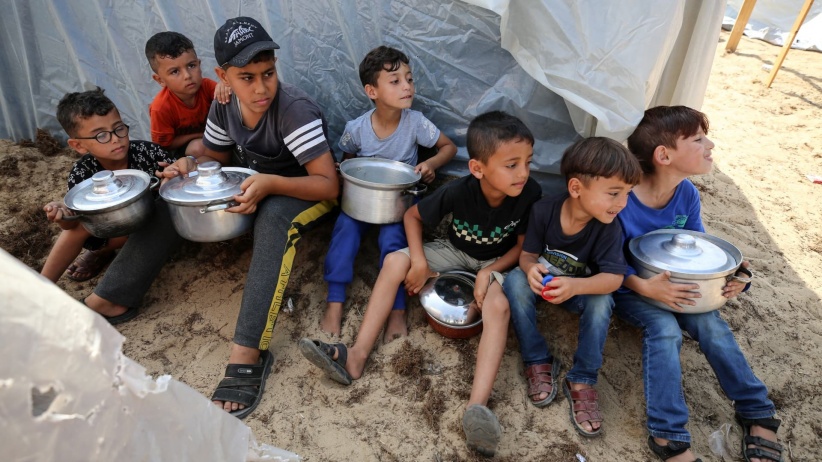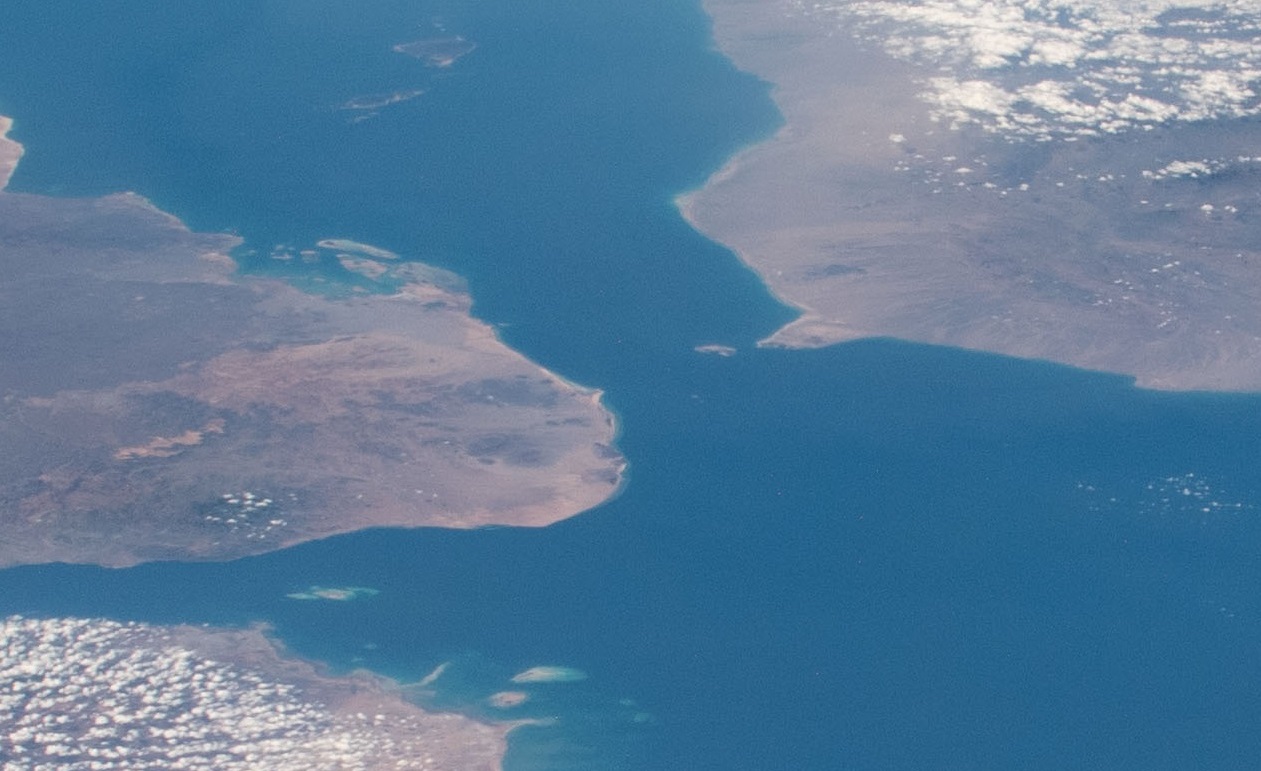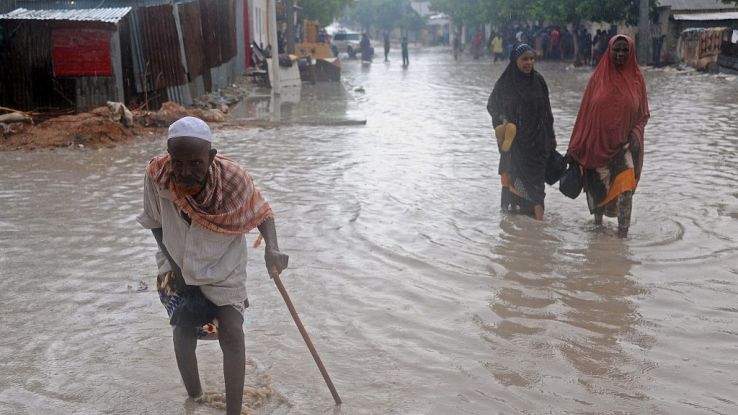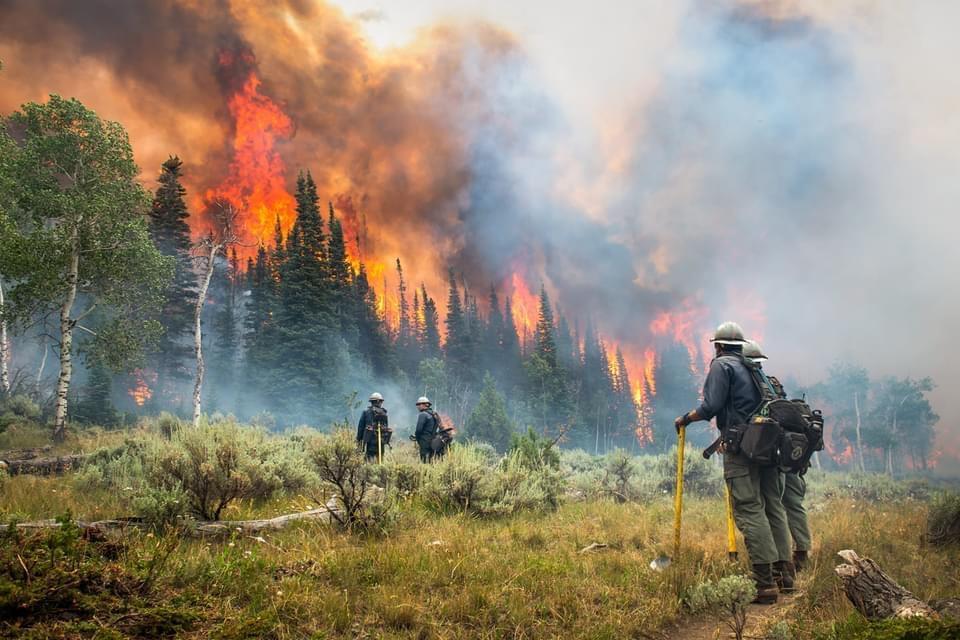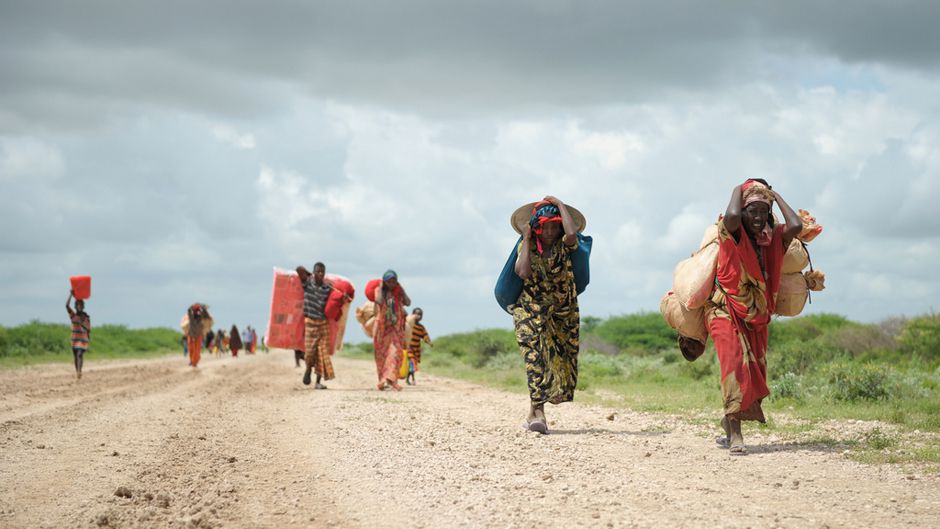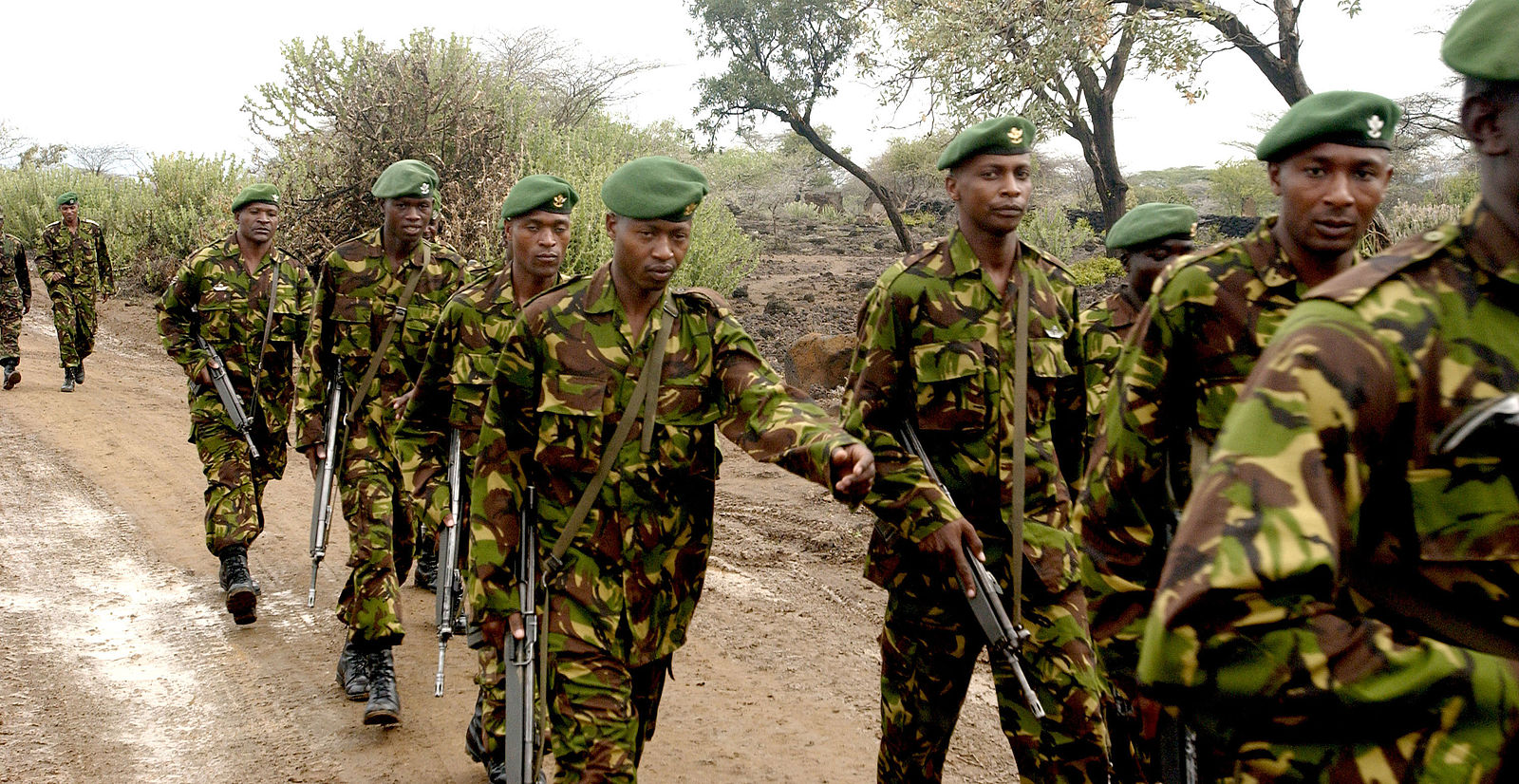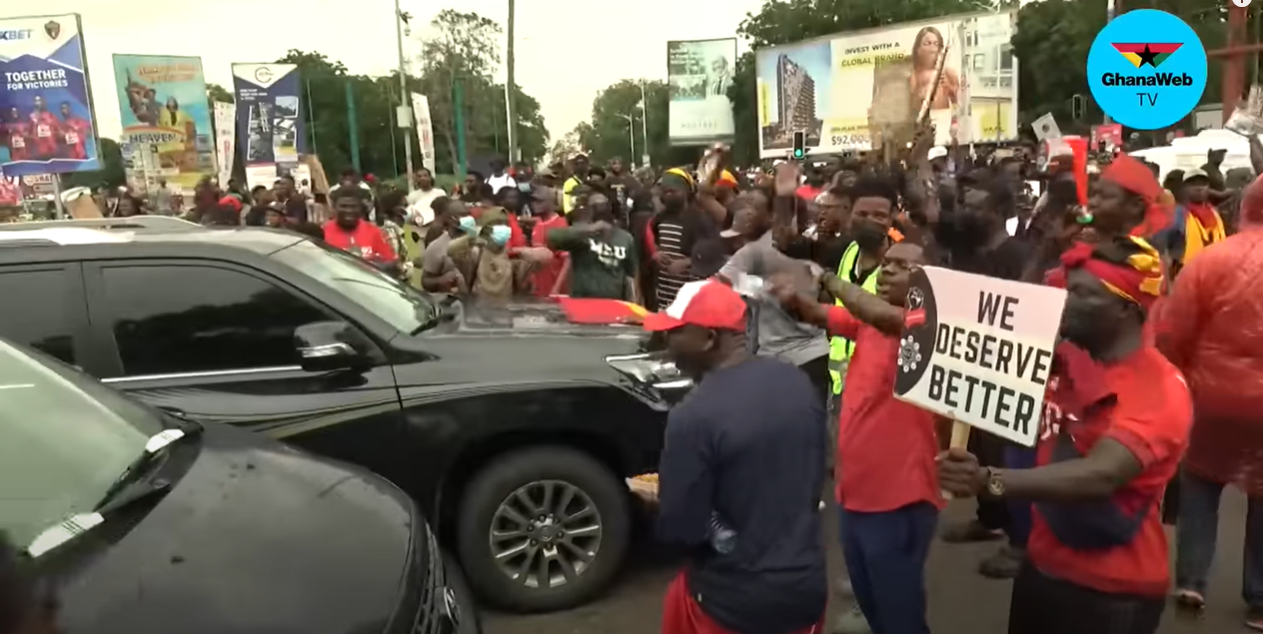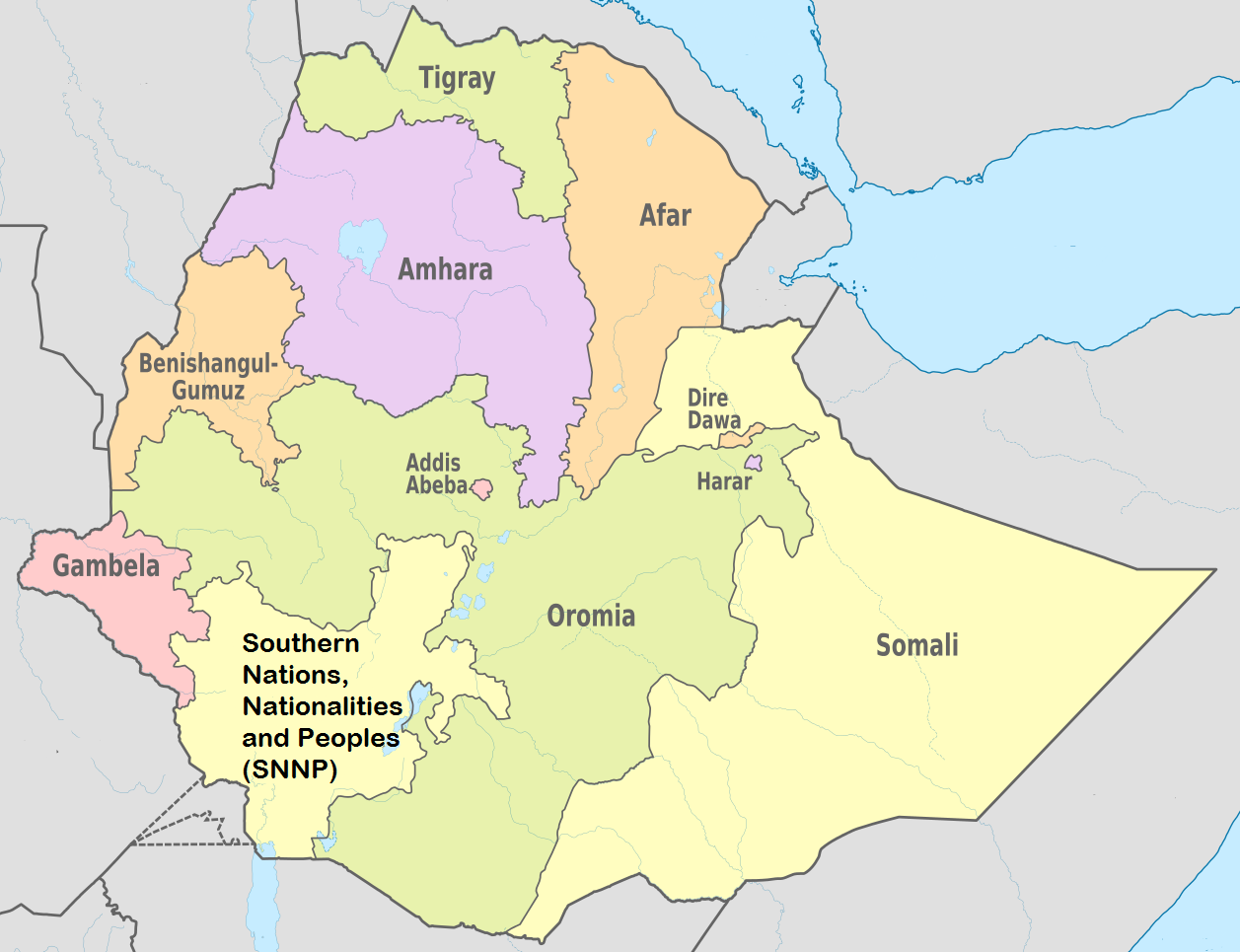
Ethiopian regions battle starvation
Nearly 400 people have died of starvation in Ethiopia’s Tigray and Amhara regions in recent months, according to the national ombudsman. This is a rare admission of hunger-related deaths by a federal body—the government normally dismisses famine warnings as “politicking.” Despite the lifting of a nationwide food aid freeze imposed by USAID and the World Food Program over large-scale government-linked food thefts, just 14% of 3.2 million people targeted for food relief in Tigray received rations last month. There have reportedly been technical problems over fitting GPS trackers to food trucks and putting QR codes on ration cards. A lack of money is also an issue: the UN called on donors last month to urgently ramp up funding to avoid a catastrophe in Tigray, Amhara, Afar, Oromia, and southern Ethiopia, where some 4 million people need immediate food aid. (Map via EthioVisit)




